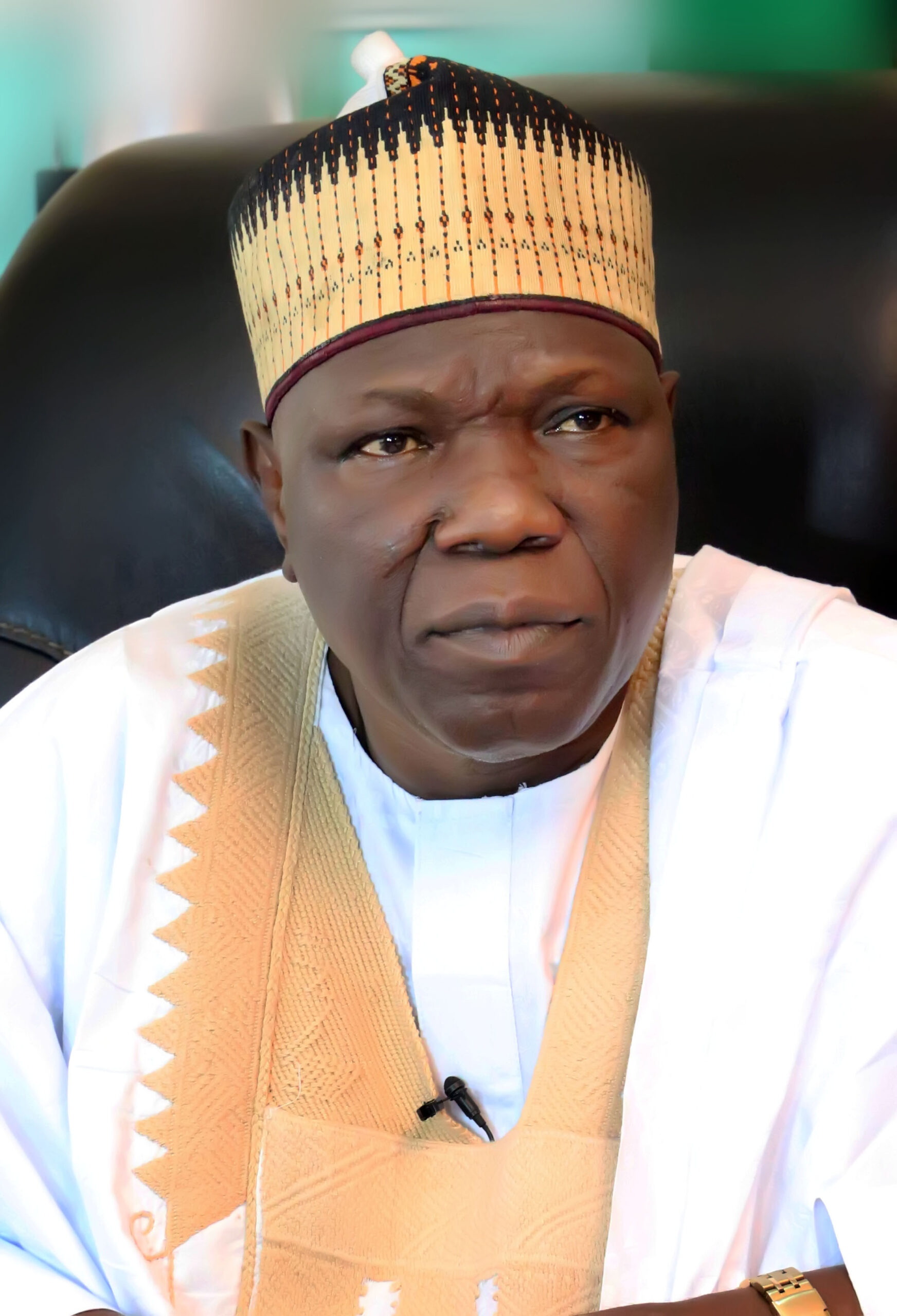Business
Nigeria’s oil revenue not enough to cover petrol import costs – Finance minister

Nigeria’s revenue being generated from its low oil production cannot cover the cost of imported petrol, Minister of Finance, Budget and National Planning, Zainab Ahmed, has said.
She stated this on Thursday in an interview with Reuters on the sideline of the World Economic Forum (WEF) in Davos.
She said the Federal Government hopes that oil production will average 1.6 million barrels per day (bpd) this year.
In the first quarter of 2022, Nigeria’s oil production averaged 1.5 million bpd.
The minister said, “We are not seeing the revenues that we had planned for. When the production is low it means we’re … barely able to cover the volumes that are required for the (petrol) that we need to import.”
This year, the FG had budgeted 1.8 million bpd of production, but frequent crude theft and attacks on pipelines continue to affect the nation’s wealth.
In April, it asked the national assembly to drop the projected production volume to 1.60 million barrels per day.
Despite higher oil prices due to the Russia-Ukraine war, under-recovery costs, also known as petrol subsidy, continue to erode gains.
Nigeria has spent about N1 trillion on petrol import shortfall in the last four months and will spend up to N4 trillion this year. This has also dwindled the federation revenue — just as the Nigerian National Petroleum Company (NNPC) Limited has been unable to remit any amount to the government purse this year.
On the recent hike of the monetary policy rate by the Central Bank of Nigeria (CBN), the minister said the move was necessary due to policy adjustments by the US Federal Reserve and central banks in Europe.
Business
Breaking: Nigeria’s inflation rises to 33.2%, says NBS

Breaking: Nigeria’s inflation rises to 33.2%, says NBS
The National Bureau of Statistics (NBS) says the nation’s inflation rate rose to 33.2 per cent for the month of March 2024.
This represents a 1.5 per cent increase over 32.7 per cent recorded in February 2024.
The NBS disclosed this in a new report released on Monday.
It explained that the rise was primarily due to higher costs of food, beverages, energy, and housing. Compared to February 2024, the inflation rate in March increased at a slower pace, with food inflation reaching 40.01% year-on-year.
NBS attributed the spike in food prices to the rising costs of items like garri, millet, yam tubers, and others. On a month-on-month basis, food inflation slightly decreased to 3.62% in March 2024.
Urban inflation also increased to 35.18% year-on-year in March 2024, while rural inflation stood at 31.45%.
Core inflation, which excludes volatile agricultural products and energy, was 25.90% year-on-year in March 2024.
Overall, the rising cost of living in Nigeria is evident in the significant increase in inflation rates across different categories.
It is crucial for policymakers to address these challenges to alleviate the financial burden on the population.
Business
Nigeria’s oil production drops by 2.8 million barrels in one month

Nigeria’s oil production drops by 2.8 million barrels in one month
The Nigeria Upstream Petroleum Regulatory Commission (NUPRC) has confirmed the data released by the Organisation of Petroleum Exporting Countries (OPEC), indicating a consecutive decline in Nigeria’s oil production for the second month in a row.
According to NUPRC reports, crude drilling operations in March saw a notable decrease, with production dropping from 1.42 million barrels per day (bpd) in January to 1.23 million bpd in March, marking a significant loss of approximately 2.8 million barrels over the month.
Minister of State for Petroleum Resources (Oil), Senator Heineken Lokpobiri, acknowledged the declining trend, attributing it to issues on the Trans Niger Pipeline (TNP) and maintenance activities by oil companies in Nigeria during the period.
READ ALSO:
- Army kills terrorists invading Kaduna with arms, ammunition
- El-Rufai’s Ally, Aisha, arrested over Facebook post against Gov Sani
- FG begs workers as electricity union insists on strike over tariff hike
However, beyond crude oil, condensate production, which typically falls outside OPEC’s quota calculation, also experienced a decline in March, further exacerbating Nigeria’s overall production slump.
Auto
Ore extols ex-NURTW President Yasin’s virtues at 68

Ore extols ex-NURTW President Yasin’s virtues at 68
Acting President of the National Union of Road Transport Workers (NURTW), Alhaji Aliyu Issa Ore, has described the former president of the union, Alhaji Najeem Usman Yasin, as a trade unionist per excellence with worthy administrative experience.
He stated this in his goodwill message on the 68th birthday of Alhaji Yasin
Ore, a former chairman of the Kwara State council of the union, said the achievements he recorded while in Kwara were as a result of quality advice and guidance from Yasin.
Ore explained that Yasin’s tenure as president of the union witnessed tremendous development and growth of the NURTW.
“His tenure as president of the union recorded first-class growth.
“He took the union to the global stage. For the first time, our union became a strong member of International Transport Federation (ITF).
“Apart from getting international recognition, he also built zonal council offices for all the zones. Before he came in, our zonal councils usually operated from rented apartment but his administration acquired land and built befitting zonal offices for all our zonal councils.
“Again, Alhaji Yasin ensured that the national headquarters of the union assisted many state councils to build their own councils secretariat. Through his guidance, most state councils now operate from their own state councils.”
He recalled the peace enjoyed by members of the union under Yasin, saying this ensured that the body had perfect transition arrangements devoid of thuggery and shedding of blood.
“Before he came into office, our election or change of leadership was usually bloody. But he put a system in place that put an end to thuggery and other violence in the union,” he said.
Ore also said Yasin’s tenure boosted the education of members and workers by ensuring that the union secured partnership with National Open University of Nigeria (NOUN) which enabled members to acquire university education.
“Members of staff also enjoyed opportunities to go for training and workshops to boost their knowledge,” Ore stated.
He prayed that Almighty Allah would continue to preserve him to witness more years in good health.

-

 metro6 days ago
metro6 days agoTribute: C.K George, Epitome of Courage, by Kunle Awobodu
-

 metro6 days ago
metro6 days agoBandit kingpin, Dangote, siblings killed in Katsina
-

 metro5 days ago
metro5 days agoJUST IN: Actor Junior Pope resuscitated after death scare
-

 metro5 days ago
metro5 days agoTroops arrest ISWAP commander involved in Army General, 3 soldiers’ killing in Borno
-

 News6 days ago
News6 days agoBetta Edu threatens to sue BBC, alleges defamation
-

 News6 days ago
News6 days agoI never said Aiyedatiwa is Tinubu’s preferred candidate in Ondo – Interior Minister
-

 News5 days ago
News5 days agoBREAKING: Ex-Abia gov, Ogbonnaya Onu, is dead
-

 metro6 days ago
metro6 days agoPolice arrest female kidnapper in Ebonyi, rescue six abducted children






















